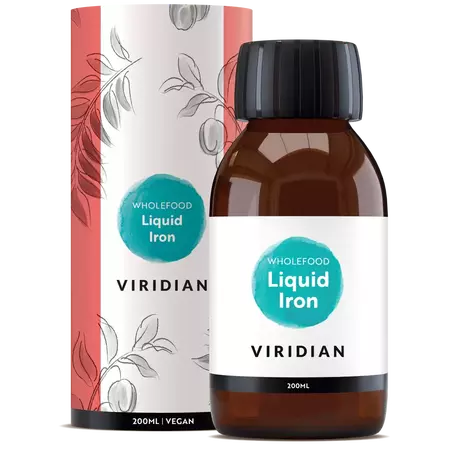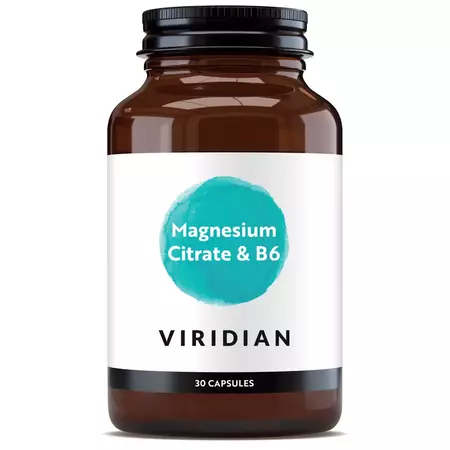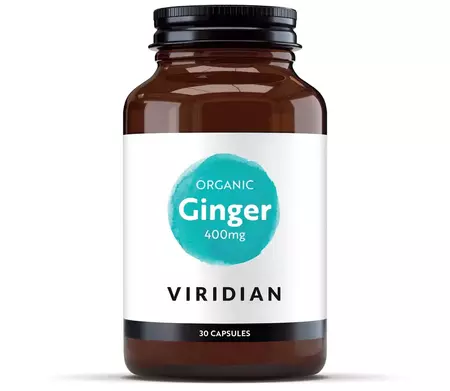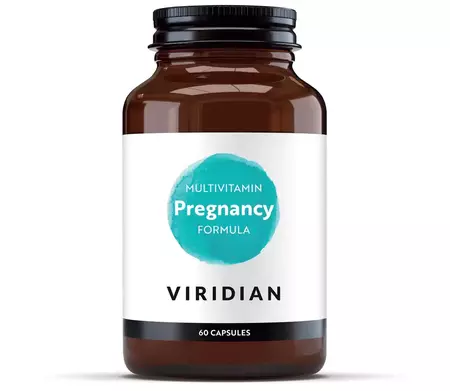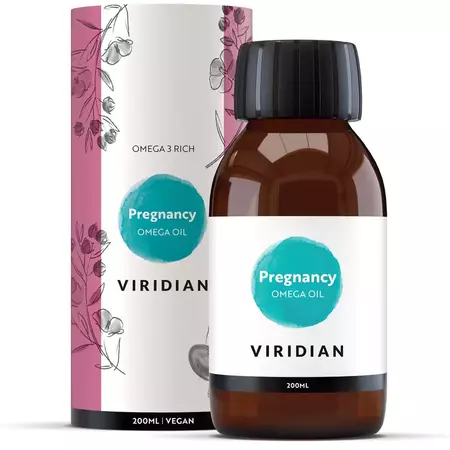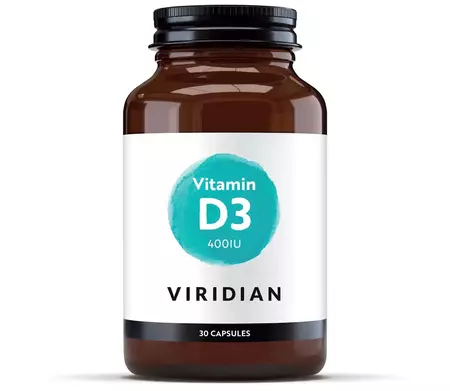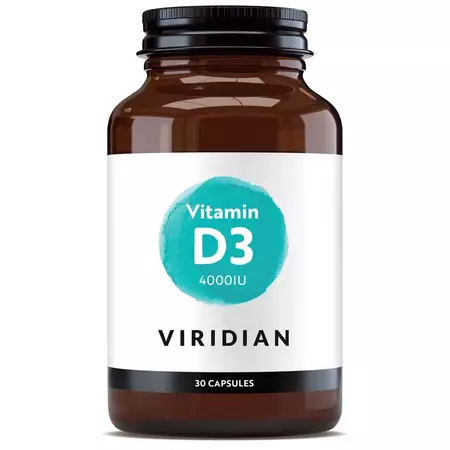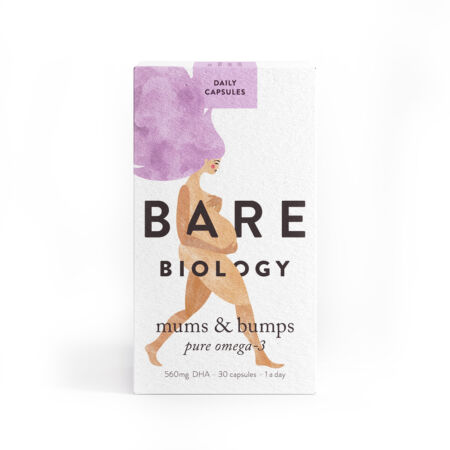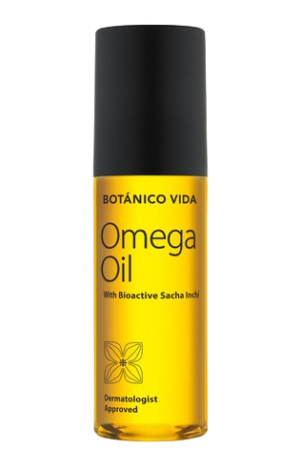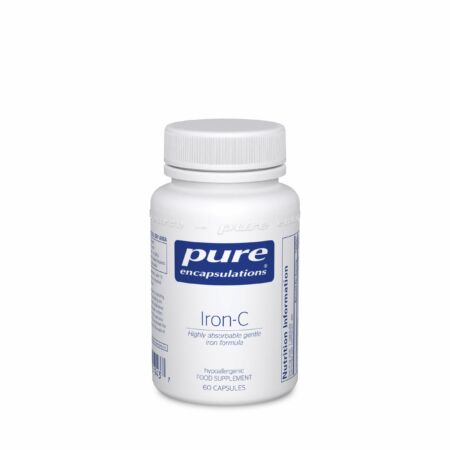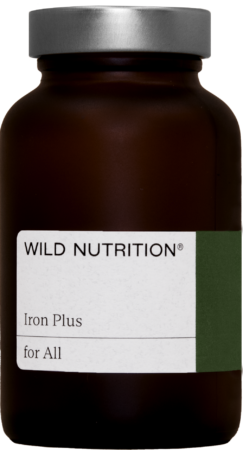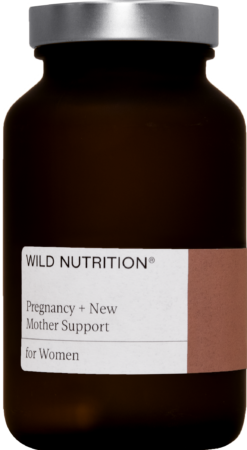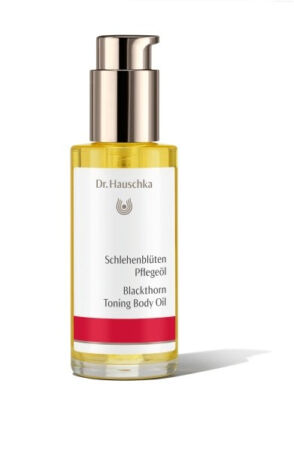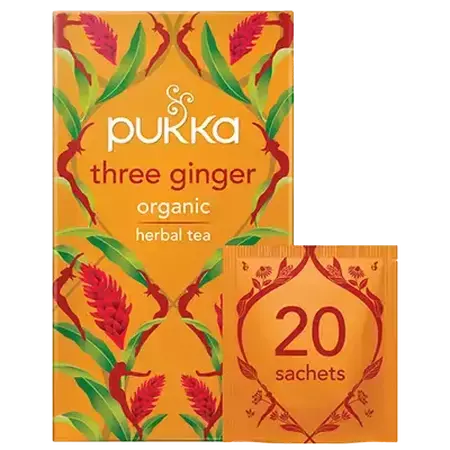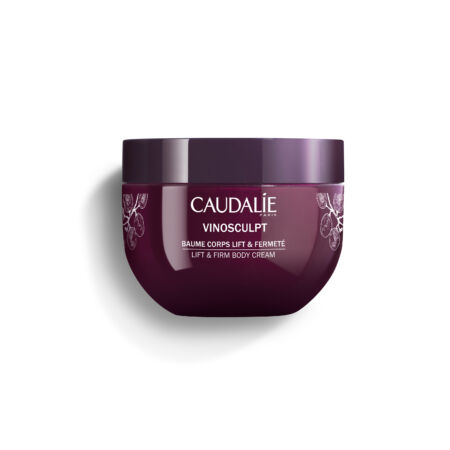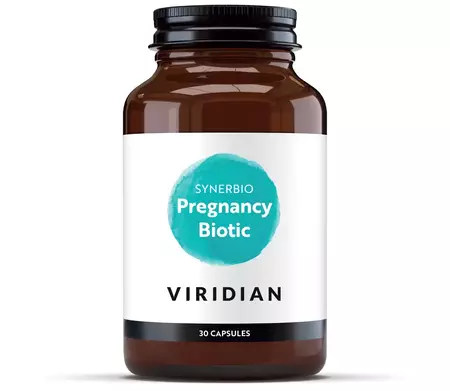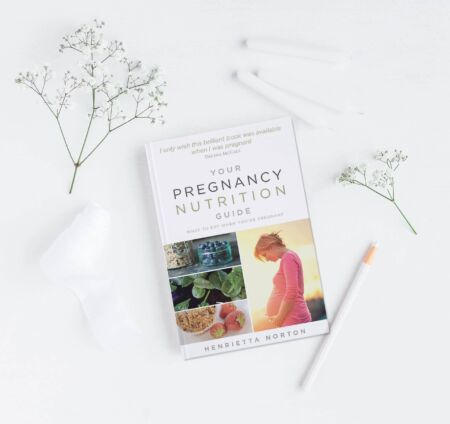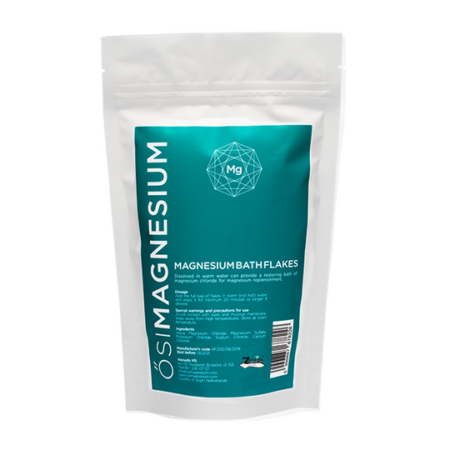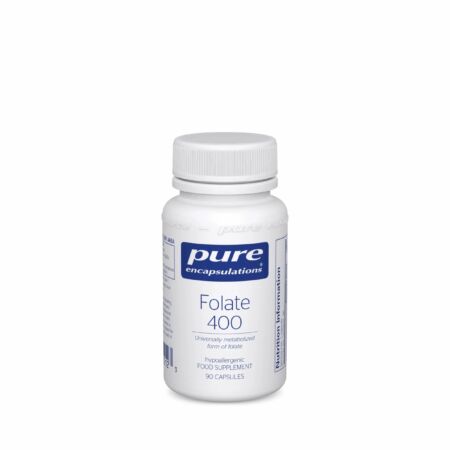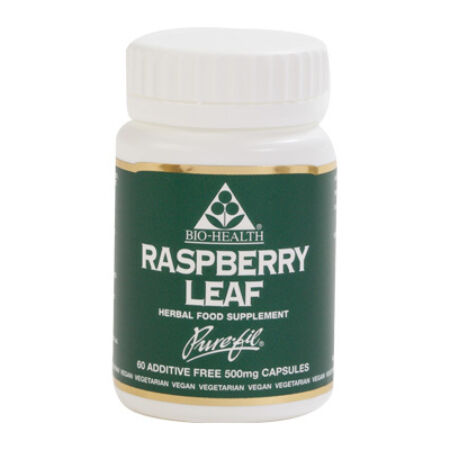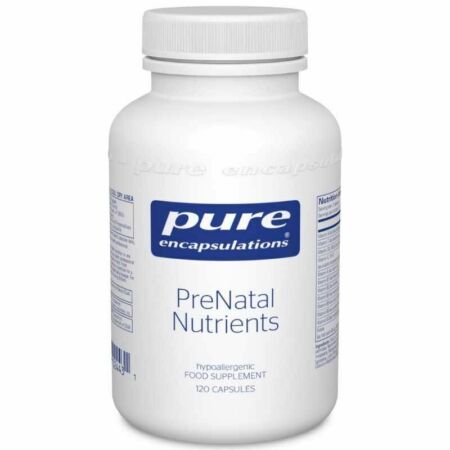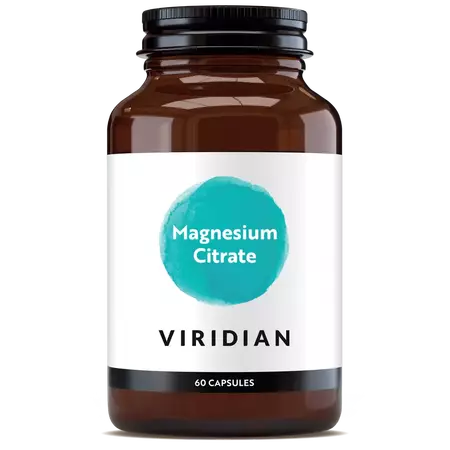Healthy dietary habits during pregnancy are crucial for both the mother and the baby. A balanced and nutritious diet during pregnancy provides the optimal environment for the baby's development and can reduce the risk of developing diseases later on.
In this article, we discuss necessary nutrients for optimal health during pregnancy. We cover certain key nutrients that support the health of both the mother and the baby.
The Importance of Nutritional Therapy in Pregnancy
The nutritional status of the mother before and during pregnancy can really influence the baby's health. Inadequate nutrition during pregnancy can lead to growth restriction in the foetus, resulting in an infant with a higher insulin response to food and reduced growth.
It is, therefore, of upmost importance for expecting mothers to follow a healthy and balanced diet during pregnancy to promote the best health for themselves and their babies.
Other natural health factors to consider for pregnancy
In addition to physical health, prenatal care also includes guidance on nutrition, exercise, and other lifestyle factors that can contribute to a healthy pregnancy. Healthcare providers can provide guidance on healthy eating habits, safe levels of physical activity, and other lifestyle factors that can help support a healthy pregnancy.
Prenatal care also involves preparing for labour and delivery. Healthcare providers can discuss birth plans, pain management options, potential complications, and other aspects of childbirth to help ensure a safe and positive birth experience.
Our Pregnancy Dietary Advice Guide
The saying "eating for two" is not entirely accurate as pregnant women only need to increase their calorie intake by 10-25% to support healthy weight gain. Rather than simply increasing calories, it is important to focus on consuming nutrient-dense foods instead of low-nutrition ones.
Key dietary components in pregnancy
Maintain a balanced diet in pregnancy
It is important to consume a balanced diet that provides all necessary nutrients during pregnancy. However, specific attention should be given to certain key nutrients that are especially important for the health of both the mother and the baby. These nutrients include folate, iodine, vitamin D, and omega-3 fatty acids[i]. Eating foods high in folate, such as beans, peas, orange juice, and leafy green vegetables, can help prevent these birth defects.
Probiotics and health gut flora in pregnancy
Maintaining a healthy gut flora during pregnancy has also been linked to improved immune function and a reduced risk of inflammatory conditions such as asthma, eczema, and coeliac disease. Probiotic use is considered safe during pregnancy and has been associated with a reduced risk of allergies and infections[iv].
In addition, maintaining a healthy gut flora during pregnancy has been found to have significant benefits for both the mother and the baby. A diverse and balanced gut microbiome can support improved immune function and reduce the risk of inflammatory conditions. Including probiotic-rich foods like yogurt, kefir, sauerkraut, and kimchi in the diet can help promote a healthy gut microbiome.
Iron intake in pregnancy
Meeting the increased iron requirements during pregnancy is crucial to prevent iron deficiency anaemia, which can have adverse effects on both the health of both mother and baby. Good dietary sources of iron include lean meats, poultry, fish, legumes, and fortified cereals. Combining these iron-rich foods with sources of vitamin C, such as citrus fruits or bell peppers, enhances iron absorption.
Calcium intake in pregnancy
Likewise getting enough calcium is also important, as this mineral is essential for the development of the baby's bones and teeth. Dairy products, tofu, and leafy green vegetables are excellent sources of calcium[ii].
Proper hydration to support a healthy pregnancy
Last but not least, it main seem obvious, but maintaining proper hydration is essential during pregnancy. Drinking an adequate amount of water supports all aspects of health, helps prevent constipation, and aids in the efficiency of delivery of nutrients to both the mother and the baby. It may also lessen unpleasant pregnancy symptoms.
Everyone is different. Talk to us today for personalised advice regarding your pregnancy - we'd love to help!
Read more about specific nutrients in later sections.
Pregnancy Complications
Gestational Diabetes and Pre-eclampsia
When managing gestational diabetes, Nutritional Therapy is often the first approach to consider. The Mediterranean diet, which is typically a high intake of vegetarian foods like whole grains, fruits, and vegetables, as well as fish, and a low intake of processed animal and fatty foods, has been associated with a reduced incidence of gestational diabetes, and improved glucose tolerance in pregnant women who do not have the condition.
Gestational diabetes and pre-eclampsia are serious complications of pregnancy that can have long-term effects on the baby's health. A low glycaemic load Mediterranean diet, which includes plenty of fibre and probiotics, as well as adequate omega-3 intake, has been associated with a reduced risk of these conditions[iii].
(Morning Sickness) - Ginger
Nausea and vomiting are common during pregnancy and can be linked to low blood sugar levels. Therefore, it is important to maintain healthy blood sugar regulation as described previously to alleviate these symptoms, a moderate carbohydrate diet is recommended such as the Mediterranean diet. Constant nausea can make it difficult to eat, worsening low blood sugar levels. In addition to regulating blood sugar, other interventions such as consuming ginger can be a helpful addition to manage these symptoms[xiii].
Try: Viridian Ginger - Organic 400mg
Top Picks For Pregnancy
Viridian Pregnancy Complex - Pregnancy Complex is a balanced multivitamin to support mother and baby through all trimesters and when breastfeeding.
Viridian Pregnancy Omega Oil - Recommended for pre-conception, pregnancy and postnatal, especially while breastfeeding.
Wild Nutrition Your Pregnancy Nutrition Guide - Your Pregnancy Nutrition Guide book by Henrietta Norton at Wild Nutrition. Drawing on over a decade of work with mothers-to-be, expert nutritionist Henrietta Norton provides you with clear and practical advice on what to eat during preconception, pregnancy and the early stages of motherhood.
Pure Encapsulations PreNatal Nutrients - PreNatal Nutrients is formulated to support women of childbearing age, pregnant women and lactating women. Provides essential vitamins, minerals and nutrients based on scientific recommendations for pregnancy. Convenient and easy to take vegetarian capsules.
Important Nutrients and Recommended Supplements in Pregnancy
Omega 3
Try: Bare Biology Mums & Bumps Omega 3 Fish Oil - GDM and preeclampsia affect omega-3 levels in mothers and babies, which can impact brain development. Low DHA exposure during development may be due to reduced placental transfer. Finding ways to increase DHA delivery during pregnancy could benefit babies born to mothers with these conditions[xi].
Folate
Try: Pure Encapsulations Folate 400 - Folate helps create new cells and is especially important for the growth and development of the brain and spinal cord in the early stages of pregnancy. If the neural tube, which forms the brain and spinal cord, does not close properly, it can cause birth defects. In some cases, taking a supplement of a specific type of folate called L-methylfolate may be more effective for pregnant women with certain gene variations. If you have any concerns or questions feel free to contact us today. We recommend a consultation to find the right supplemental solutions for your unique requirements [v].
Vitamin B6
Try: High Potency Magnesium with B6 - Vitamin B6, also known as pyridoxine, has been suggested as a potential treatment for morning sickness during pregnancy. Some studies have found that taking vitamin B6 supplements can reduce the severity of nausea and vomiting in pregnant women.
Iron
Try: Viridian Liquid Iron - Iron is an important mineral during pregnancy because it helps make haemoglobin, which carries oxygen in the blood. During pregnancy, a woman's blood volume increases to support the growth of the baby, which means that more iron is needed to make enough haemoglobin. In some cases, a doctor may recommend an iron supplement to help prevent or treat anaemia during pregnancy[vi].
Vitamin D
Try: Viridian Vitamin D3 400IU - Research has demonstrated that Vitamin D can enhance insulin tolerance through several mechanisms, and lower insulin resistance in individuals with type 2 diabetes as well as healthy individuals. Studies have also indicated that taking vitamin D supplements during the first and second trimesters can effectively decrease the likelihood of glucose intolerance and developing gestational diabetes mellitus later in pregnancy[vii].
Probiotics
Try: Wild Nutrition Pregnancy & New Mother Biotic During pregnancy, some women may experience digestive issues such as constipation, diarrhea, and heartburn due to hormonal changes and the pressure of the growing uterus on the digestive organs. Probiotics can help regulate the digestive system and alleviate these symptoms. There is also some evidence that probiotics may have other benefits during pregnancy, such as reducing the risk of gestational diabetes[viii][ix][x].
Raspberry leaf
Try: Bio-Health Raspberry Leaf - Raspberry leaf has a long tradition of use during the last trimester of pregnancy to strengthen and tone the uterine and pelvic muscles, and then during labour to assist contractions and to check haemorrhage. It is believed that the alkaloid fragarine is responsible for this action. High doses should be avoided during the early stages of pregnancy as raspberry leaf can stimulate uterine contractions[xii]
Functional Testing Prior To Pregnancy
Female Hormone Cycle Mapping - This test can provide an insight over a full female cycle to assess oestrogen and progesterone fluctuations throughout the cycle. This ‘mapping’ test provides a clear insight into the cycle so any fluctuations from the normal pattern can be easily identified. This provides a useful tool in situations of hormonal imbalances and fertility issues.
Lifestyle Suggestions for Pregnancy
Sleep
It is common for pregnant women to experience sleep disturbances, including insomnia and sleep deficiency. Therefore, it is important to prioritise healthy sleep habits, such as practicing good sleep hygiene, relaxation techniques, staying active, and maintaining a balanced diet.
B6 and magnesium are crucial cofactors in the production of serotonin, which is a precursor to the sleep neurotransmitter melatonin. These nutrients play an important role in promoting healthy sleep patterns[xiv].
Try: Viridian Magnesium Citrate with B6
Stress
Stress during pregnancy can have negative effects on both the mother and the baby. It has been linked to an increased risk of emotional disorders in children. Additionally, it can increase the risk of postnatal depression in mothers. As stress and anxiety can be heightened during pregnancy, it is important to learn how to manage these feelings before becoming pregnant.
There are several ways to reduce stress and promote relaxation during pregnancy. Taking a walk outside has been shown to decrease cortisol levels, which can help alleviate stress. Mindful meditation is also a helpful technique that can be easily practiced with the help of many available apps. Adequate sleep is essential, as lack of sleep can contribute to stress and anxiety. Additionally, getting sufficient magnesium is important, as it supports normal nervous system function and has a calming effect. Dark leafy green vegetables are a good dietary source of magnesium, and a supplement of 200-400mg/day may also be helpful. Taking a bath with 2 handfuls of Epsom salts, which are high in magnesium sulphate and can be absorbed through the skin, can aid in relaxation and promote better sleep[xv].
Try: Viridian Magnesium Citrate or OSI Magnesium Bath Flakes



